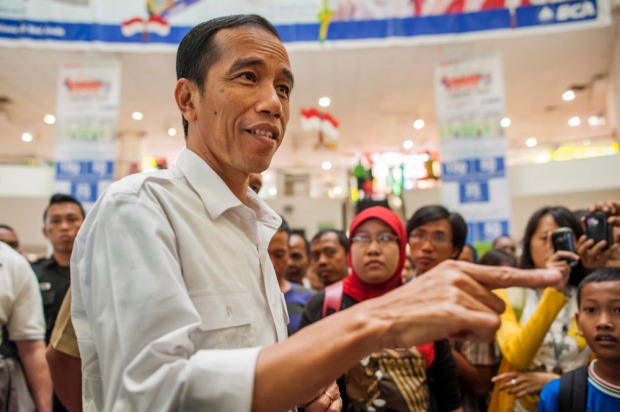Australia does not rank in the top 10 destinations for Indonesian students wanting to learn English, a fact which has exposed how under-prepared Australia is for the expected deregulation of Indonesia’s education market.
The director and head of education services at ASEAN Focus Group, Michael Fay, says there are more students from Brazil and Italy studying English in Australia than there are Indonesians.
He says the language-study data are part of a much bigger story about the potential for Australian higher education and vocational training providers to enter the ASEAN market.
Mr Fay, who will be a speaker at the coming The Australian Financial Review Higher Education Summit, said the issue is not that Australia takes too many students from China but that it is missing out on a market that other education providers are building a stake in.
He said the 10 countries of ASEAN have made an in-principle decision to follow the example of the European Union’s Erasmus Program, which aims to improve the mobility of students in the region by connecting institutions and harmonising standards and qualifications.

Australia does not rank in the top 10 destinations for Indonesian students wanting to learn English a fact which has exposed how under prepared the country is for the coming deregulation of Indonesia’s education market. Rony Zakaria
He said European nations were taking packaged education proposals to ASEAN nations, which included combined efforts by government, private business and public educators.
“We do have an increasing number of institutions in Australia – TAFEs, universities and private education providers going to Asia. But they do it by themselves. It’s not done in a co-ordinated fashion like the Europeans do.”
Mr Fay said there were good examples of collaboration – RMIT has a campus in Vietnam, Monash has a campus in Malaysia and Curtin in Singapore. But a more united effort was needed
Last week, Indonesian President Joko Widodo gave a speech in which he said his 2019 budget would focus on skills and training and educating the workforce.
This showed a shift in thinking in Indonesia which was away from university and research spending and towards getting skills for young people so they could start making income.
“Indonesia does not need more business graduates, it does not need more marketing jobs. It needs people who can set up small businesses, create demand for jobs and get the economy going,” Mr Fay said. This opened a market for the Australian vocational training and education sector.
The challenge for providers in Australia is accessing the market. Finding partners in Indonesia was essential to defining the education type that was needed, establishing realistic price points and navigating domestic bureaucracy.
The chief executive of the Asia Society, Philipp Ivanov, said if the proposed free trade agreement between Australia and Indonesia was put in place Indonesia education would be opened up to foreign markets, which potentially put 200 million would-be students on Australia’s doorstep.
Historically Australia had a strong education link with Indonesia. A large number of Indonesian officials and politicians had studied here in the 1970s and 1980s. But the future was in outbound education.
Among other emerging markets was Vietnam and in five to 10 years countries such as Myanmar would be building demand.
Professor Bruce Dowton, vice-chancellor of Macquarie University in Sydney, said it was a mistake for Australia to think of ASEAN as one entity. It should focus on particular countries and should see higher education not just as a business but for the value of bilateral relationships.
Macquarie had sent one of its economics professors to Myanmar to advise the government, which also represented collaboration on a different level.
Mr Fay said English gave Australia an opportunity. The official language of ASEAN is English, which makes new business and partnerships easier. And as the language of business, science and transport, it creates demand which Australia could supply.
He was disappointed Australia ranked so poorly as a destination for Indonesian language students, but not surprised.
“In Indonesia the requirements to be a certified English language teacher are higher than they are in Australia. That’s illogical for Australia.”
Michael Fay will take part in a discussion on how to expand the ASEAN education market at The Australian Financial Review Higher Education Summit on August 28 and 29. www.afrhighered.com.au
